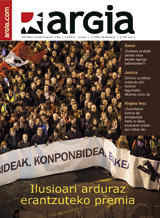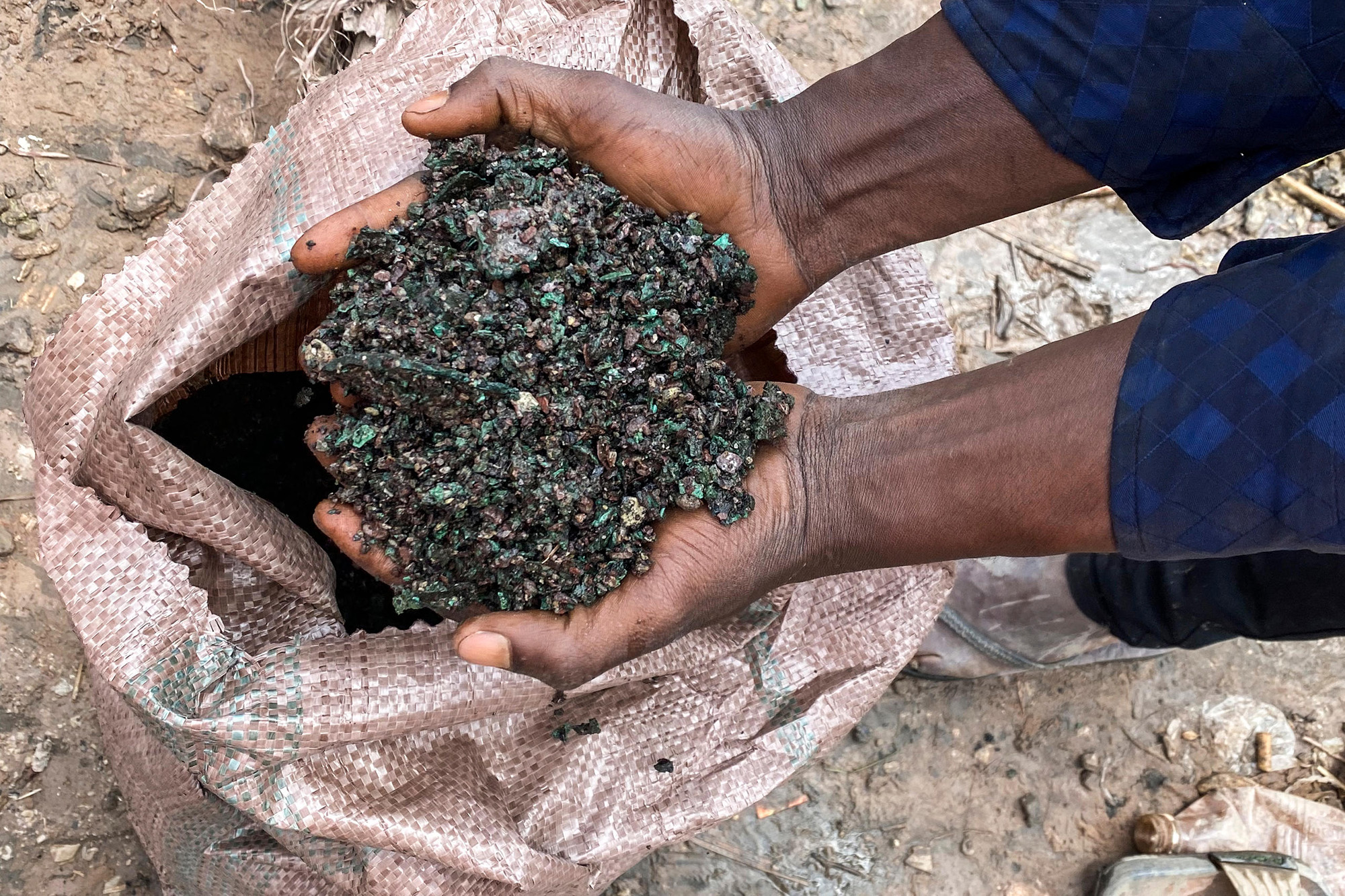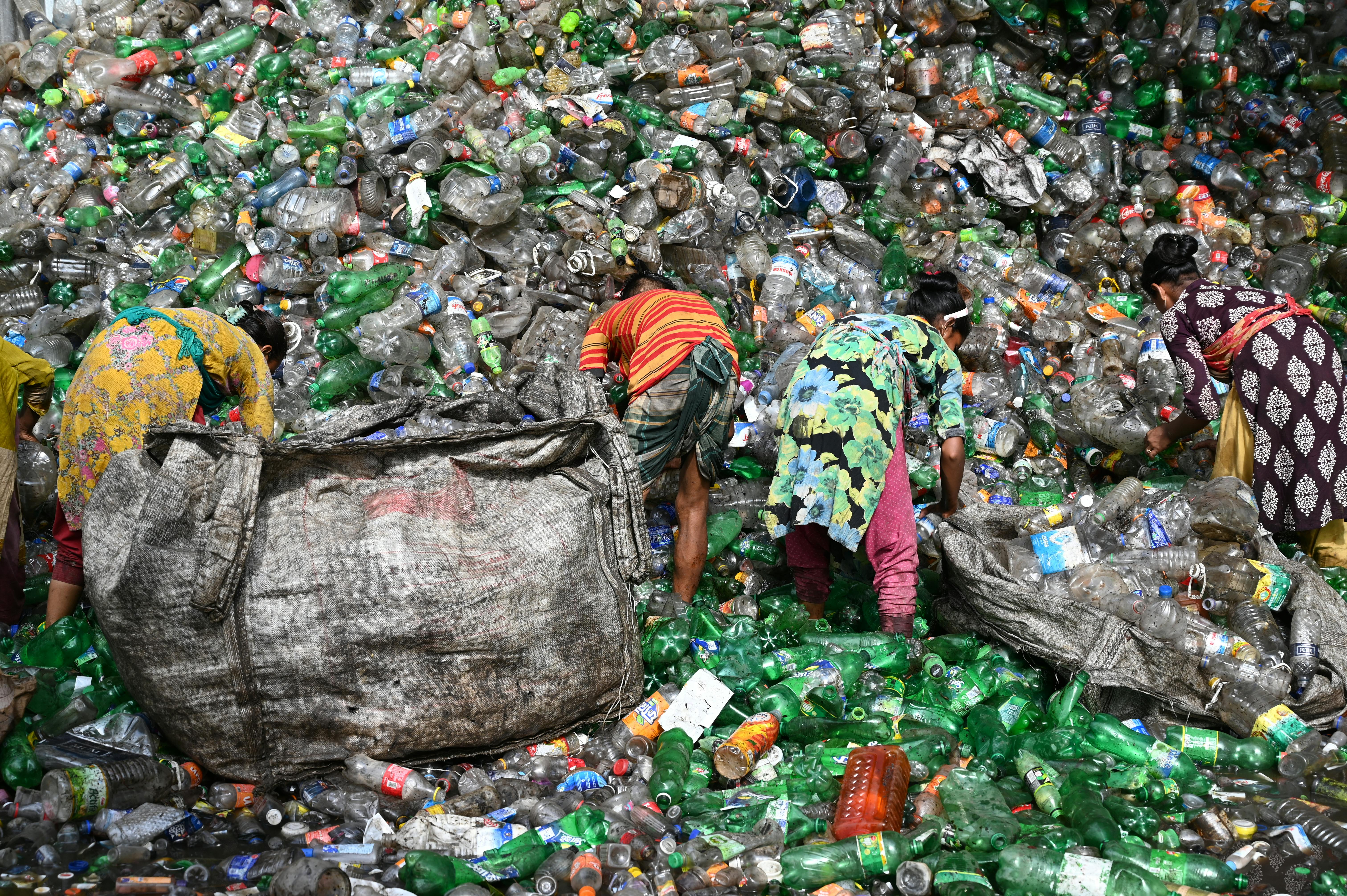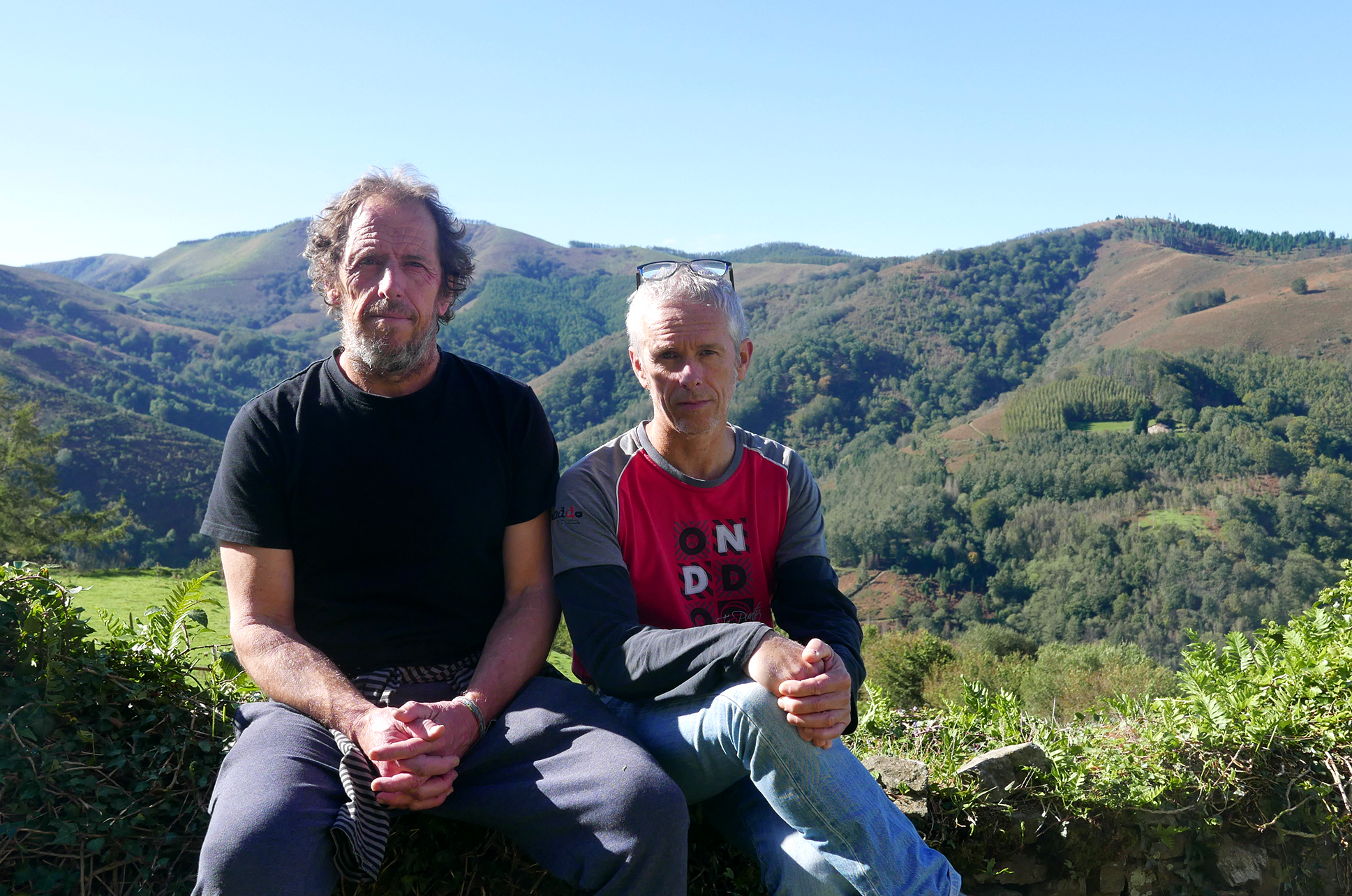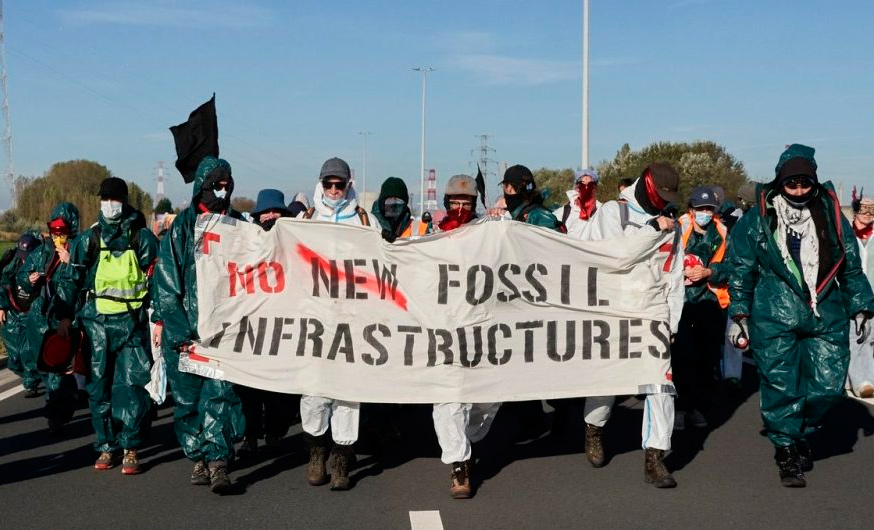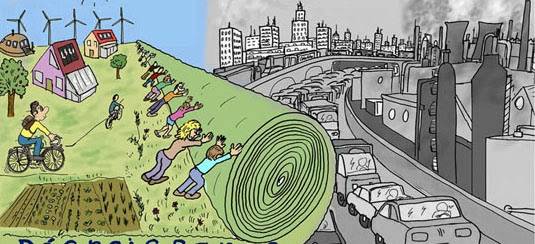When the heat is too expensive
- It's an unusual heat when we're doing a last minute hairstyle on this report. Whoever wants the season, yes, may complain of having to endure twenty degrees in January, but there will be no one who thanks him for the high temperature. We are talking about a species that the crisis has brought to light and which has spread over the last few years: the energy poor. There are more and more people who have difficulty maintaining an adequate temperature at home, although we do not know exactly how many there are in Euskal Herria in this situation. No, the truth is that the most suitable temperature for the interior of the house is the right one.
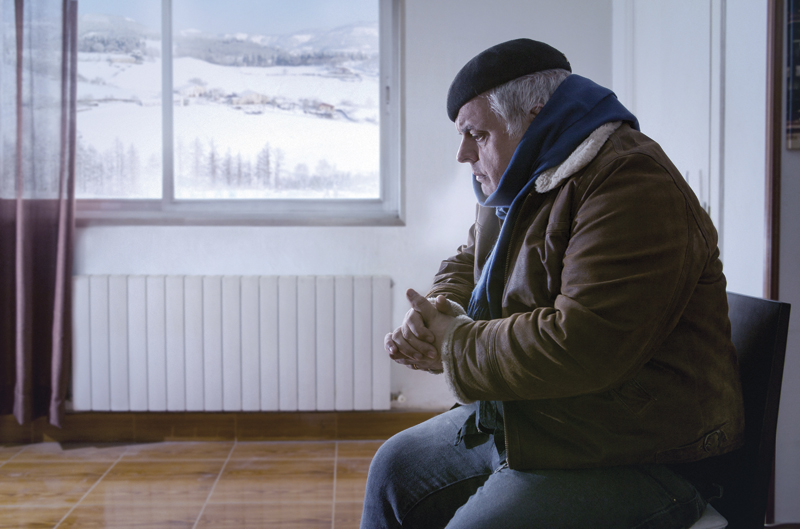
As the scope of exclusion expanded due to the economic and social crisis, greater attention is paid, or is simply addressed, to the welfare state leaks that already existed but remained in “acceptable” percentages. These include energy poverty, a concept that in some countries we have recently begun to know in our country, despite being the object of study since the 1970s.
For several reasons, it is not easy to explain what energy poverty is, nor to know what it affects. On the one hand, there is no single definition, since the majority of the states of the European Union do not have an official definition. In this sense, the lack of an integrated system for measuring energy poverty is related, and in addition, as we will see, there are variables related to self-perception, such as the minimum temperature inside the household in winter. Finally, few studies have been carried out on the problem, at least at European level. Consequently, the calculation of the number of people in energy poverty in the EU is not very precise: 50 to 125 million people.
What is it?
In September last year, the Provincial Council of Gipuzkoa adopted an ambitious report on the subject. The term energy poverty was coined in the United Kingdom in the 1960s, but a good definition of it was not achieved until 1991. In that year, Brenda Boardman published one of the most important studies on energy poverty in history. In their opinion, energy poverty means that an adequate temperature cannot be achieved in the house, or that an excessive percentage of income is used to achieve it; nuances, nuances, all the sources consulted to complete this report. Based on this definition, the British researcher proposed a measurement method in which more than 10% of his income should be considered as energy poor those families that have to spend on energy supply.
To understand the meaning of this percentage, let us say that in the Spanish state, on average, families spend 5% of the income on the payment of energy – when we talk about the family, the whole population of the same housing – as pointed out by the Association of Environmental Sciences (ACA) in a study on energy poverty.
What's the right temperature?
The optimal temperature inside the house was established in 2001 at the First British Congress Against Energy Poverty. Planning, following the recommendations of the World Health Organization (WHO): twenty degrees in the living room, eighteen in the rest of the house rooms. This is also recognised by the European institutions and by the associations working in the field of energy poverty.
However, these standard temperatures could be considered excessively high from the point of view of combating the environment and, in particular, climate change, as recognised by some of its members. The Biscayan member of Equo, Aitor Urresti, believes that, for example, the temperature recommended by the WHO is "to the limit of what is acceptable".
The issue is complex because, according to Urresti, psychological and sociological factors are very important for society. On the one hand, not all people in the same house have the same perception of heat and cold. On the other hand, each society can understand differently what is acceptable and what is not. It is significant, for example, the data provided by the ACA: according to the energy poverty surveys carried out in the Spanish state, the percentage of people who cannot reach an adequate temperature inside the household is higher in communities with a warmer climate. However, the ACA warns that the only cause of this is not the different perception of the inhabitants of each community, as the isolation of the households is lower in the warmer areas, which is noted in the coldest times, although the energy expenditure of the whole year is lower than that of the cold-weather inhabitants.
Three main causes
The domestic isolation mentioned – the energy efficiency of the household, we could say more generically – is one of the three main factors of energy poverty, according to Aitor Urresti. The other two are more related to the domestic economy and can be considered directly responsible for the significant increase in energy poverty in recent years: the drop in average incomes and the increase in energy prices.
According to an opinion of the European Economic and Social Commission (ESC) of February last year, these two factors affect the whole of the EU. However, it is worth highlighting the case of the Spanish State: the price of energy consumed in households has risen by 80% in ten years. Added to this is the increase in unemployment and that, at least in Hego Euskal Herria, an important percentage of households are old and badly isolated, and there is the reason for the prominence that energy poverty is acquiring this winter.
The terrible effects of energy poverty
The report by the Provincial Council of Gipuzkoa referred to above recalls that energy poverty has important effects on health, quality of life and the environment. The most prominent are those in the first group. “It has been found that living continuously in homes with inadequate temperatures harms health, especially the most vulnerable people such as children, adolescents, the elderly or people with chronic diseases”.
Excessive temperature in the home for a long time causes heat stress that affects both the immune system and the cardiovascular system. It also increases the symptoms of people with rheumatologic diseases and can lead to respiratory illnesses. On the other hand, the situation of energy poverty is unfavorable for mental health.
In addition to causing diseases, they can worsen existing ones and lead to serious health problems due to energy poverty. To be aware of the magnitude of the problem, it is sufficient to observe some data: According to a 2003 study in Britain, energy poverty is directly linked to a 10% increase in the mortality rate in Britain during the winter. The conclusions of the ACA study are even more serious: In the Spanish State, the increase in winter mortality is around 20%, and a significant part is due to energy poverty. The number of premature deaths attributable to this cause in Spain ranges from 2,300 to 9,300, higher than the number of traffic accidents. Based on the ACA methodology, the Council of Gipuzkoa estimates that each year there are 40 premature deaths in this territory.
Only data in the Basque Country
As already mentioned in the EBES document, the absence of harmonised definitions makes it extremely difficult to measure the phenomenon of energy poverty in the European Union. There is no single measuring system, and those that are have gaps. On the one hand, temperature-based vision, as has already been said, has a significant drawback: it is not possible to agree on the most appropriate temperature for health, despite the recommendations of the WHO. The spending approach, and in particular the 10% threshold proposed by Brenda Boardman, has also been the subject of many criticisms. Among other things, the fact that many families spend less than 10% of their income does not mean that they are not poor, but simply do not have money to spend. On the other hand, it will be difficult for a very rich family to spend more than 10 per cent.
Despite the difficulties, the Provincial Council of Gipuzkoa has carried out the calculation and detailed presentation of the data of the territory. They are, for the time being, the only data handled in the Basque Country. In February, the Platform to Promote a New Energy Model has shown its intention to publicize the situation in Navarre.
Back to Gipuzkoa, it should be noted that despite the maintenance of consumption and some advances in the field of household efficiency, average expenditure has increased due to the increase in energy prices. In 9.5 per cent of housing, more than 10 per cent of the income is spent on energy, and the people living there account for 7 per cent of the total population. The difference in percentages should not surprise us. Several studies have shown that single-person households, such as single-parent families and the elderly, suffer more from energy poverty. Let us add that, by the way, the figures increase in rural areas compared to the city.
It should also be noted that energy poverty does not coincide, at least in Gipuzkoa, with general poverty. Three out of four families suffering from energy poverty are not poor in terms of income.
Measures to cope
Last November, the French Government agreed that between 15 November and 21 March, electricity and gas companies will not be able to leave anyone without paying for services. This measure is consistent with developments in France in recent years, with the United Kingdom and Ireland being the European State that has paid the most attention to energy poverty.
In 2006, 10 per cent or more of the budget was used for energy in 13 per cent of French State housing. As for the percentage of people who mention cold at home, between 1996 and 2008 it has increased from 11% to 15%. To address this situation, Paris has implemented a series of measures under the Grenelle II Act, which has been in force since 2011. Among others, the Habiter Mieux (Living Better) programme offers support to improve household efficiency. In addition, the National Observatory on Energy Poverty in France has been set up, which is holding its first seminar this January.
The Spanish State, for its part, is one of the European countries that is least concerned about energy poverty, according to the EPEE report which compares the situation in several countries. In December, the Congress of Deputies discussed the proposal that the supply to those who do not pay the light should not be interrupted in the winter months; all the opposition advocated the "winter truce", but the votes of pp prevented any action from being taken.
Nor will we see it in the Basque Country this winter, even though some have moved: The PSE-EE has registered a non-legislative proposal in the Basque Parliament calling for a ban on the supply of electricity, gas or water to those who certify non-payment. But the proposal will not be discussed until next February.
As far as the Gipuzkoa Parliament is concerned, the preparation of the report that has accompanied us throughout the report shows the willingness to take action, but the practical conclusions will not be immediately seen. As explained by the Environment Director, Ainhoa Iraola, in 2014 a more comprehensive analysis of the situation is sought by collecting data by counties. The ultimate goal is to channel aid to people suffering from energy poverty, but that is probably not going to happen this year.
The way ahead is to improve domestic efficiency, at least for those who are not really going wrong. Both the Basque Government, through the EVE, and the Government of Navarre, have in recent years been granting subsidies for improvements in homes, but in the case of the CAV only people who do not have economic difficulties can benefit from these aids, according to Ainhoa Iraola.
In any case, this source is also running out. The Department of Housing of Navarre will not spend any money on thermal insulation this year, as it has not renewed its agreement with the Spanish Government. The bag is empty, Madrid said. On the EVE website you can read “Closed” on the boxes of all aid programs. When we call to ask them if they will be renewed in 2014, "we don't know," the same person who's picked up the phone has suddenly responded.
Joan den urrian, Europako hamar konpainia elektrikoetako buruak Bruselan bildu ziren, Europar Batasunari eskari argia egiteko: energia berriztagarrientzako laguntzak ezabatu ditzala, eta gas bidezko zentralei babesa eman diezaiela. Ondorioa, bestela, larria izan liteke, eskumako argazkian ageri den Gérard Mestrallet, Gaz de France konpainiako presidenteak esan zuenez: Europara iristen den hurrengo hotzaldi handiak kolokan jar dezake elektrizitzate hornidura. Besteak beste.
Mestralleten hitzetan, Bruselan elkartutako hamar enpresak gas bidezko zentral asko itxi behar dituzte dagoeneko krisiaren ondorioz – 50.000 megawatt guztira–; “zentral horiek ez dira lanean egongo oso negu hotza izatekotan, itzalaldi arriskua sekula ez da izan hain handia”.
Hitz horiek, eta konpainien agerraldia oro har, gogor kritikatu ditu energia berriztagarrien sektoreak. Espainiako Energías Renovables webguneak, esaterako, La amenaza del frío (Hotzaren mehatxua) izenburu ezin argigarriagoa duen artikuluan aztertu zuen elektrizitate-enpresen jarrera. Antonio Barrero egilearen esanetan, garai batean ez zuten aurreikusi energia berriztagarriek izango zuten hazkundea, eta horregatik onartu zuten sektore horri laguntzea. Orain, berriztagarriak lehiakide handiegi bihurtu direnean, hotzaren mamua erabili nahi dute, Europak ateak itxi diezazkion haien garapenari.
Hainbat talderen deiari men eginda, urriaren 23an pobrezia energetikoa salatzeko elkarretaratzeak egin zituzten Espainiako Estatuko hainbat hiritan, tartean Gasteizen. Euskal Herrian hori izan da oraingoz kontzentrazio bakarra, baina otsailetik aurrera EAEko hiri nagusietan hilero biltzeko asmoa du Eredu Energetiko Berri bat Bultzatzeko Plataformak. Goiko argazkian, Madrilgo elkarretaratze bat.
The Centre Tricontinental has described the historical resistance of the Congolese in the dossier The Congolese Fight for Their Own Wealth (the Congolese people struggle for their wealth) (July 2024, No. 77). During the colonialism, the panic among the peasants by the Force... [+]
The update of the Navarra Energy Plan goes unnoticed. The Government of Navarre made this public and, at the end of the period for the submission of claims, no government official has explained to us what their proposals are to the citizens.
The reading of the documentation... [+]
Environmental activist Mikel Álvarez has produced an exhaustive critical report on the wind macro-power plants that Repsol and Endesa intend to build in the vicinity of Arano and Hernani of the region. In his opinion, this is "the largest infrastructure of this kind that is... [+]
Recently we have had other arguments to convince us of the need for macro-projects in the surroundings of Euskal Herria. An example of this was the article published on the website of the EHNE of Bizkaia to one of the participants of the Ecosocial Jump initiative: "For... [+]
On 3 September the Official Bulletin of Navarre published the announcement by the Government of Navarre announcing the update of the Navarre Energy Plan. This should be an important step for the future of our community, taking into account the importance of energy and its use... [+]
I don't know if we're hit by heat waves anymore, if it's a normal hypocrisy or a systemic logic, but the gap between what we know, what we say and what we do, beyond concern, surprises me, especially in a summer environment. News, research, social media interactions… constitute a... [+]







